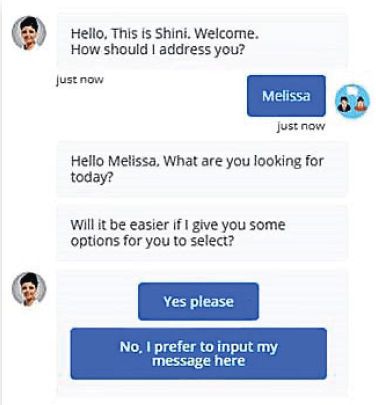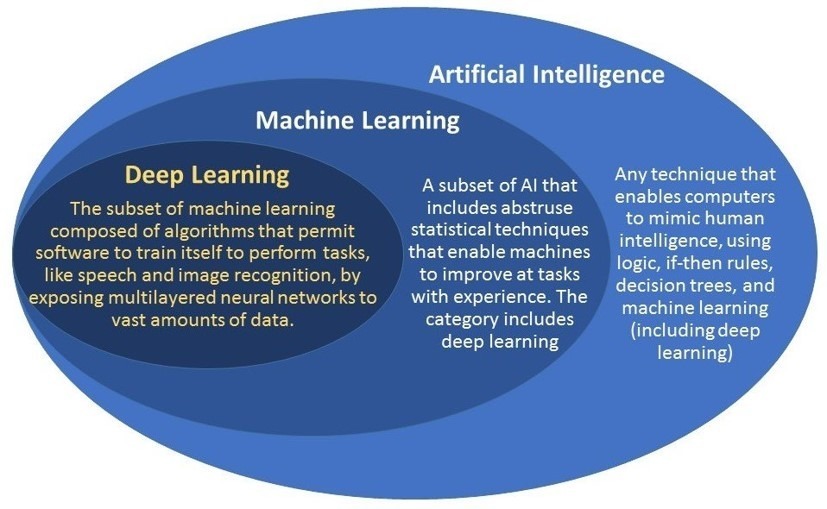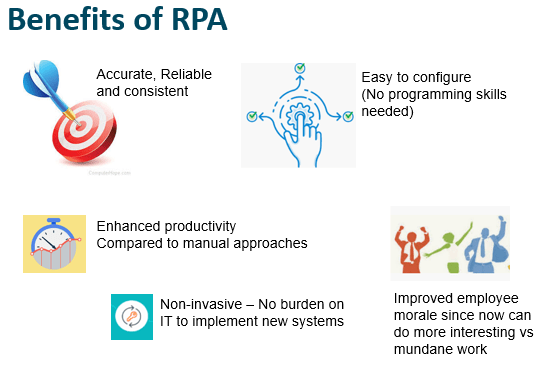Article extracted from PBSA Journal (Nov/Dec 2019 issue):
Selecting the right candidate who meets the skills and competency requirements and is really what (s)he claims in the resume are absolutely critical to avoid hires with “integrity” and “safety” issues.
In recruitment and background screening industry (like in other industries), there is abundant scope to leverage digitalization. Digital technologies should not be perceived as disruptors but rather as enablers that can help augment our space. These technologies include RPA (or Robotic Process Automation), Big Data, Artificial Intelligence and Blockchain. Background screening can be fairly a high volume lower margin business and so potential for lowering cost using technologies should be fully explored.
Background screening processes are known to be complex, difficult to comprehend for individuals not familiar with the process, time-consuming and very manual. Automated and intuitive portals (like Avvanz ScreenGlobal) can streamline the processes and simplify the otherwise daunting workflows. HR (or Case Requestors) can place cases on the portal (ala ordering items on Amazon), select background checks by countries, manage orders, view real-time progress of reports and retrieve useful reports on-demand anytime. Candidates can login to the portal, input the required information and securely upload mandatory documents. Communications involving HR, candidates and Background screening vendors’ operations team can all be automated to minimize unnecessary and lengthy emails going around. This increases efficiency, improves consistency and reduces turnaround time (a very important KPI for all recruiters).
What’s more – Individuals (HR and/or candidates) can be guided through the process by an Artificial Intelligence (AI) powered chatbot. This will offer a 24×7 service accessibility coupled with enhanced client experience whilst reducing costs for background screening vendors. The chatbot gets smarter over time through machine learning to handle diverse client situations and queries.

Machine language (a superset of Deep Learning and a subset of AI) can also be used to provide Social Media checks which is increasingly an extremely useful data point to aid in hiring decisions. Unlike all other checks which are historical data, Social Media Check is the only check which gives a peek into a candidate’s ongoing behaviour. It uses image recognition and derogatory indicators (language used with wrongful intent, views with radical, racist and anti-religious content and offensive images) to give a complete behavioural insight on a candidate. If this is done manually, it will take a very long time and might not churn out detailed data like the machine.

RPA (or Robotic Process Automation) can engage in workflows that are routine and monotonous. This can release some of the precious time of a background screening specialist to be more involved in strategic versus mundane tactical work. Benefits of RPA can be viewed below.

Big Data analytics is a form of Data Science that mines useful information from data. It is a complex process of examining large and varied data sets (big data) to uncover information including hidden patterns, unknown correlations and market trends that can empower organizations to make informed and calculated decisions. There are 4 types of data analytics – Descriptive, Diagnostic, Predictive and Prescriptive.
In background screening, data analytics can provide analytics on typical discrepancies to look out for by region, country, check, specific profiles and so on. For example, in Avvanz, we are able to offer statistics like the checks that commonly have discrepancies in a country. This kind of information when shared with clients can form part of their due diligence process when hiring. Predictive Analytics (What will happen) and Prescriptive Analytics (Optimized actions) can further strengthen the recruitment process. (How can this be applied is beyond the scope of this article).
Lastly, blockchain which is a complex technology but extremely important to have some knowledge on. Several blockchain companies (with no background screening expertise or track records) have claimed to replace background screening vendors which of course is a ludicrous statement. That being said, blockchain technology can tokenize background screening process with almost instant results. Let’s first try to understand what is this technology about. Think about a Legal Contract in word document format which needs to be reviewed by a dozen people. 1st person Jack changes credit terms from Nett 60 to Nett 30 days on 1st Jan 2019. Then Gina changes it from Nett 30 to Nett 15 on 2nd Feb 2019. In a word document, you can see a complete trail on who did what and when. This is the kind of transparency you get on blockchain when everyone can see what’s going on in a distributed and decentralised platform. No one can tamper data and intermediaries can be skipped. The picture below that shows how blockchain can help to distribute trust will help to understand this further.

A typical scenario where a background screening company can leverage blockchain – A recruitment platform could integrate with a background screening company to pre-verify the background checks with the various sources and maintain the information on a blockchain ledger. The ledger can help to match the verified CV details to job requirements from the clients which means verified profiles can be obtained in minutes at a fraction of the price. There is more devil to the detail in this whole technology but this should give you an idea for a start.
In conclusion, Industry 4.0 technologies should be fully exploited to harness the cost efficiencies and ultimately offer an enhanced experience and fasten turnaround time for our clients.
Author: Kannan Chettiar is an award-winning technopreneur who is co-founder and managing director of Avvanz, a Gold-Medal winning Tech-based Background Screening provider.


